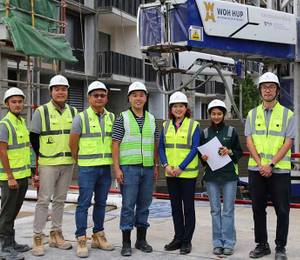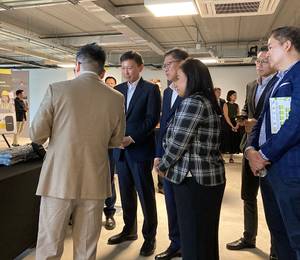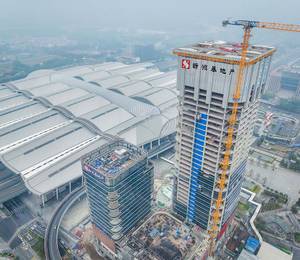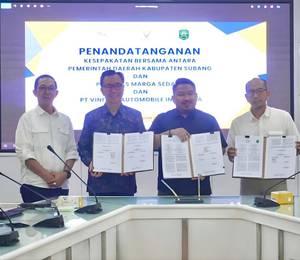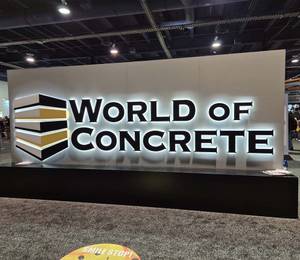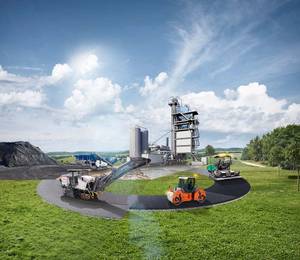Acciona, through the collaboration of its R&D+i Department with its Roads and Bridges specialised business unit, has developed a new geometric control software for manufacturing the concrete segments used for bridges constructed with the Match Cast method.
The technnique involves “manufacturing concrete segments using the previous segment as a mould and a geometric reference to ensure a perfect fit when the segments are assembled,” explained Acciona. “The SeCAC software guides the user during the process to geometrically define the segments and their subsequent manufacturing in the factory, recalculating new dimensional values for each piece, enabling potential variations that may have occurred during the concreting phase of the previous segment to be corrected.”
The company is currently using this new software on the project to construct Section 2 of the Malolos-Clark railway line in the Philippines. An estimated 6,186 manufactured segments will be required for the project.
According to Acciona, this new software development was launched after constructing the bridge over the Roskilde Fjord in Denmark and the viaduct for the Dubai Metro 2020. “Both projects reaffirmed the need for a tool that can centralise and automate these processes, which to date has been performed by external software and tools,” said the company.
With the new software, Acciona aims to be “more competitive and self-sufficient when constructing bridges using this method, which will generate significant cost savings as well as reducing construction times and minimising the social impact among local communities.”
Image: Acciona

